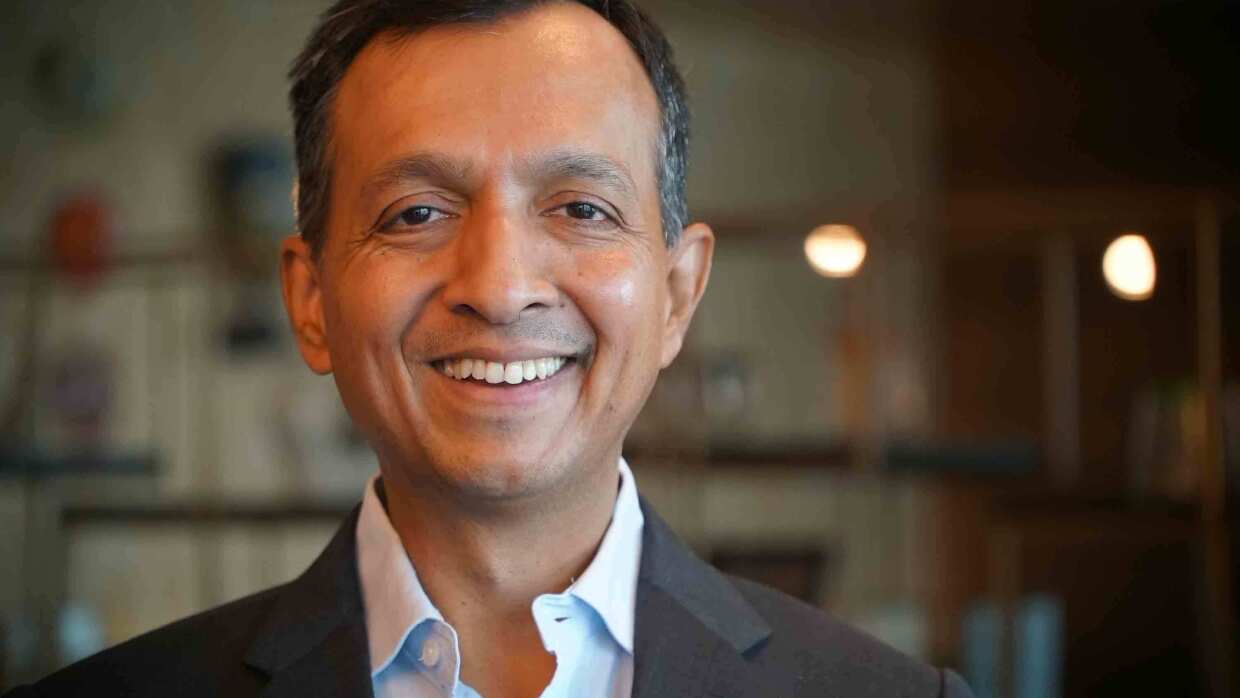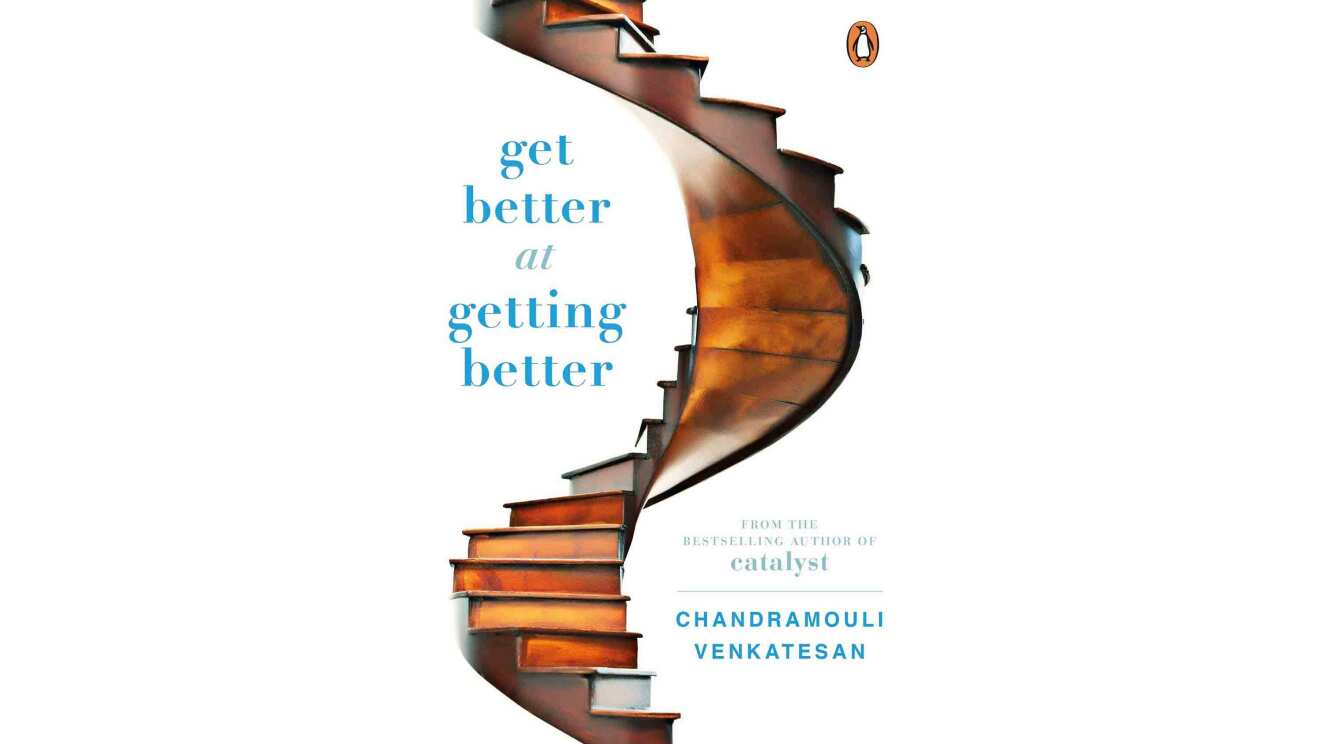Why is getting better important for success?
Success is essentially about dealing with higher complexity. When you get promoted from one job to another in your company you have to deal with higher complexity; when as an entrepreneur you become successful and grow your small business into a larger one you have to deal with greater complexity; as a sportsperson if you become successful and go from playing for the state to playing for the country you deal with higher complexity. Hence to be successful you have to be able to deal with the higher complexity that comes with success and that is where getting better comes in. If you do not keep getting better, you cannot deal with the higher complexity and hence you cannot step up and become successful.
What are the challenges to getting better?
We assume that if we work hard we must automatically be getting better and that getting better is an automatic by-product of just doing your job. This is incorrect. Getting better needs a deliberate strategy independent of working hard.
As children, we get better rapidly. However, as we age, our pace of getting better reduces. Unfortunately, it is as adults that we must navigate our careers, and that is where the pace of getting better slows down. We have to buck this trend if we want to be successful by deploying deliberate strategies to get better and not relying on the automatic process. My book “Get Better at Getting Better” arms you with the tools to counter that and succeed.
Can you explain the notion of experience using the getting better lens?
The ultimate purpose of experience is to get better. We often measure experience in years. However, I believe it is more useful to measure experience by the extent of getting better. If somebody has spent 15 years at work but not got better significantly, is that person experienced? And if somebody has spent only 5 years at work but got better significantly, is that person less experienced? There is no point spending years and gaining so called “experience” if one is not getting better.
Please explain How we can get better using deliberate strategies?
There are three important ways of getting better:
1. Getting better by yourself, using what you do on a daily/hourly basis.
2. Getting better leveraging others like your boss/seniors, your team, training programs, books etc.
3. Making others better- interestingly making others better gives you the same benefits as you getting better yourself.
These ways have to be integrated through a process of making and implementing a get better plan. My book focuses on explaining these tools and techniques to help people get better and become more successful.
What is the role of attitude in getting better?
Bringing the right attitude is extremely important to getting better. Many times I see people thinking, this job cannot teach me anything or this boss cannot help me get better and so on. I, for one, believe that one can learn and get better in every situation. I often do an exercise to demonstrate this.
Imagine that a person has a job of being a lift operator, an extremely mechanical job which involves asking people “which floor” and then hitting that floor’s button. Most people think that if somebody did this day in and day out, they cannot get better significantly. The starting point is to bring the right learning attitude in all situations. If somebody says I want to get better even while being a lift operator, the opportunities are:
1. Get better in all emergency procedures of a lift. What to do when the lift gets stuck and you are inside, what to do when the lift gets stuck with people and you are outside, what to do when there is a fire or an earthquake?
2. Improve your memory and facial recognition. Push yourself to try and remember which floor a person wants to go by remembering what they asked for in the previous days. Push yourself to get close to 100% in this aspect.
3. Read a book on body language and practice it in the lift by observing people who come in. Judge their body language; see how it varies if they come in a group versus alone.
I could go on, but you get the picture, we need to bring an attitude that says I can learn and get better in any and every situation that I am in. The situation is not the constraint to getting better, it is my attitude which can be the constraint.












